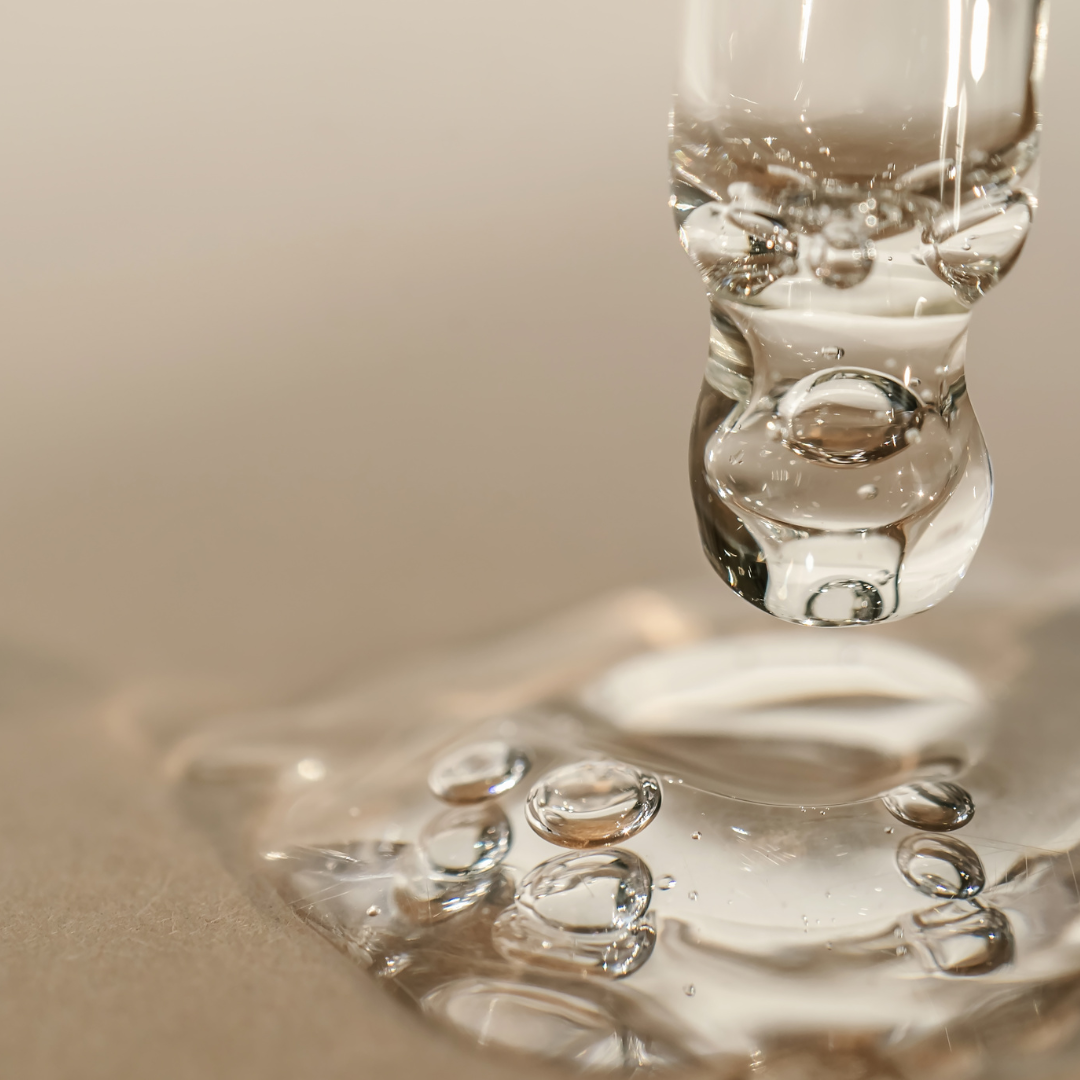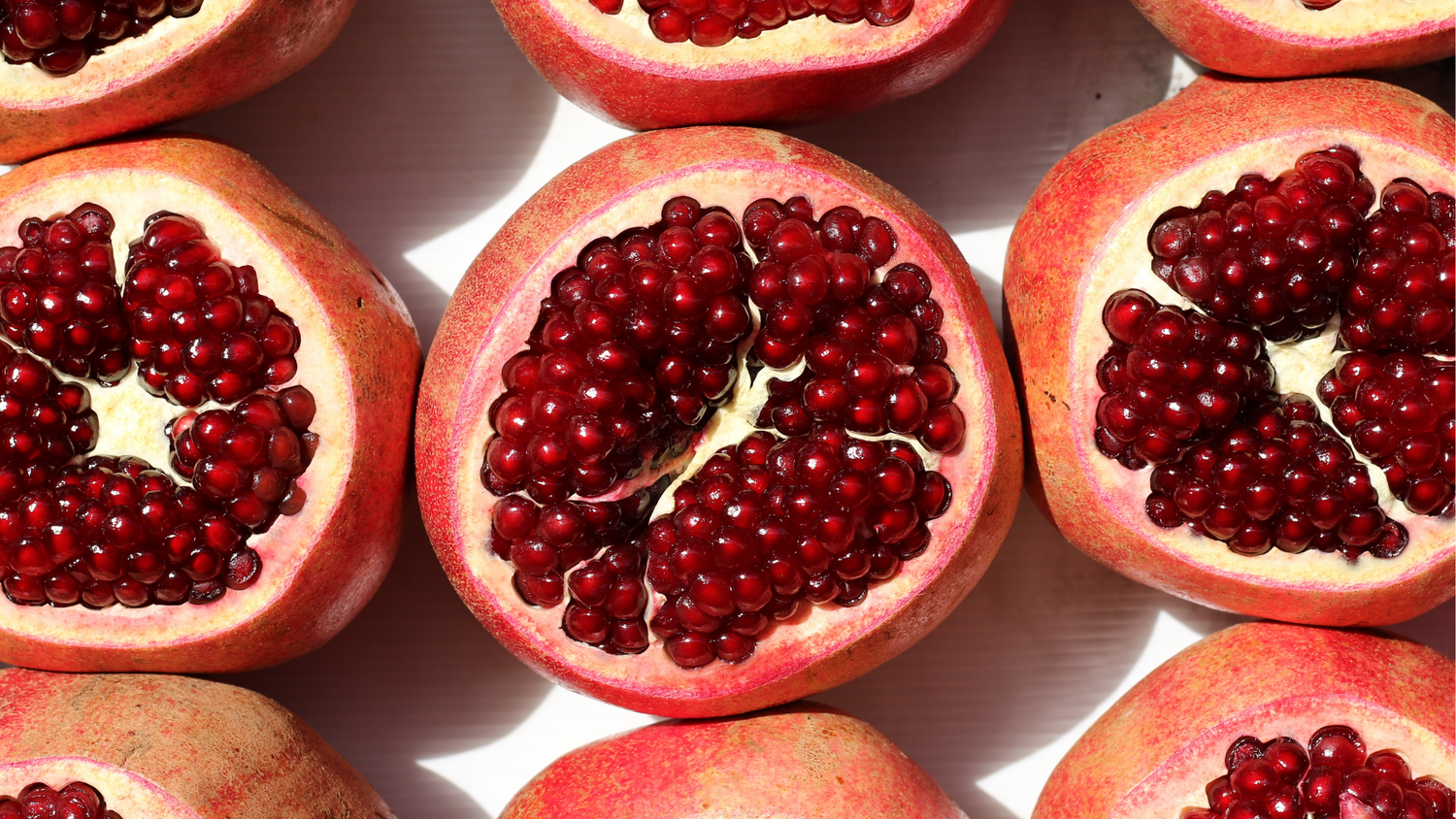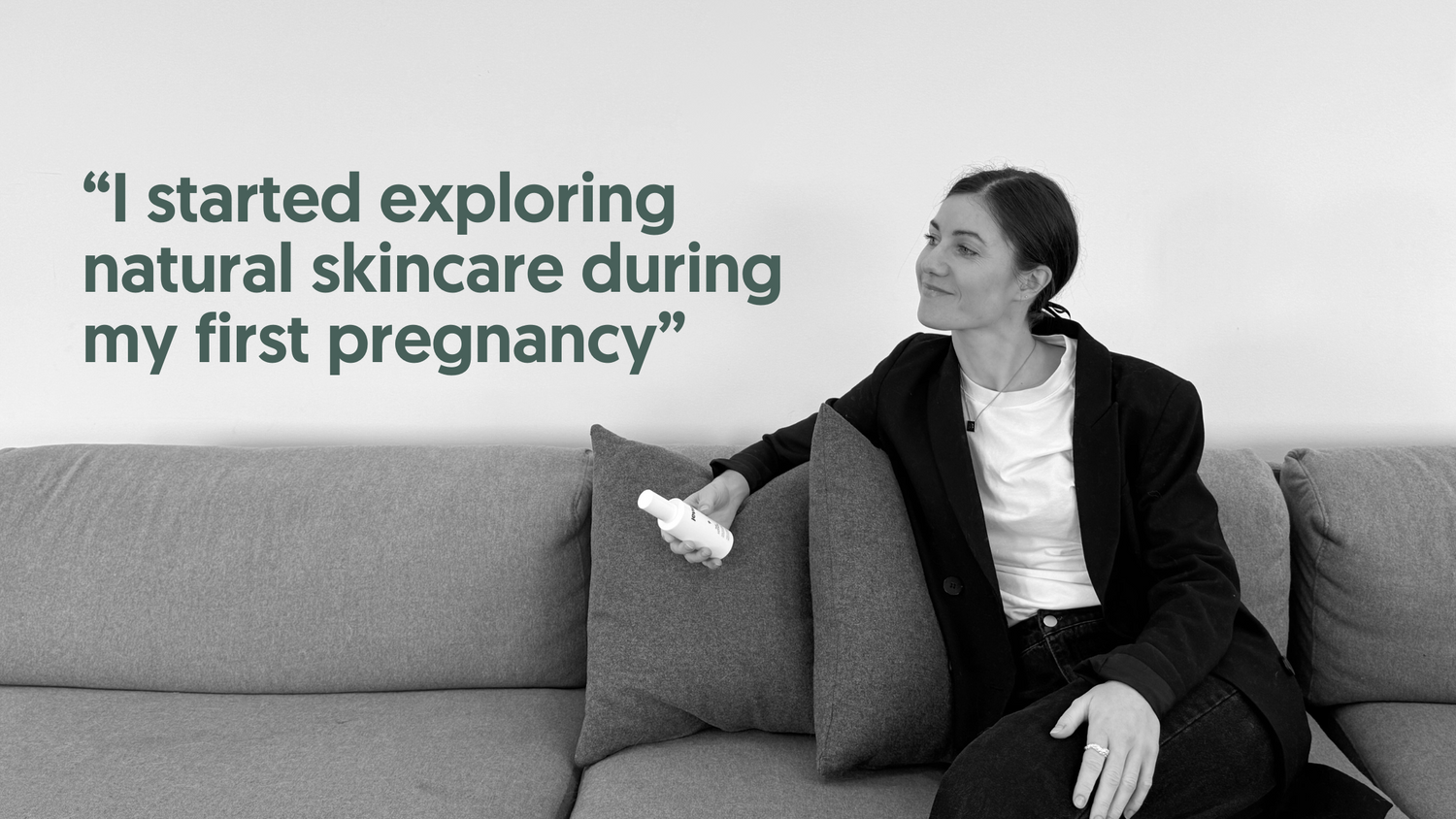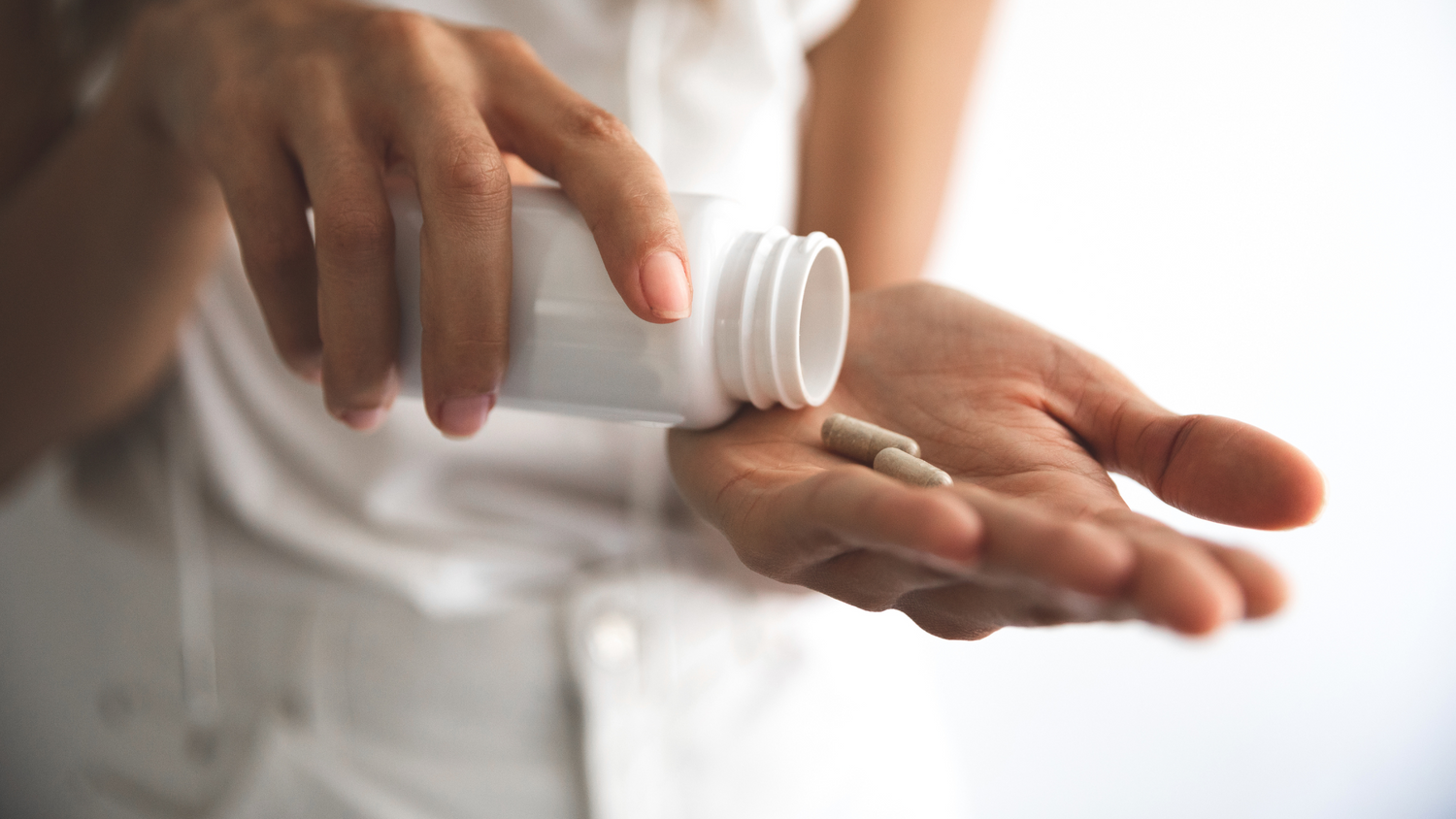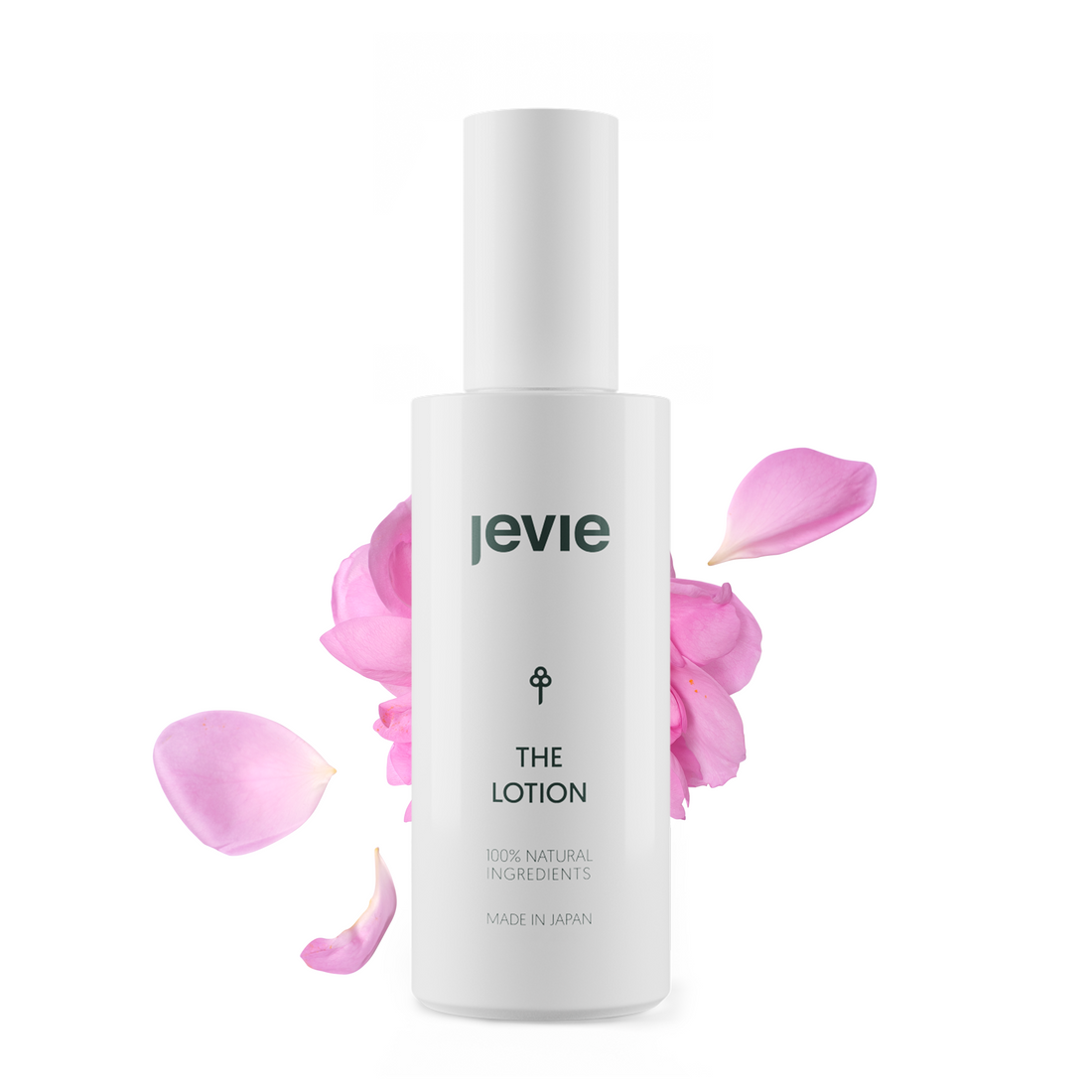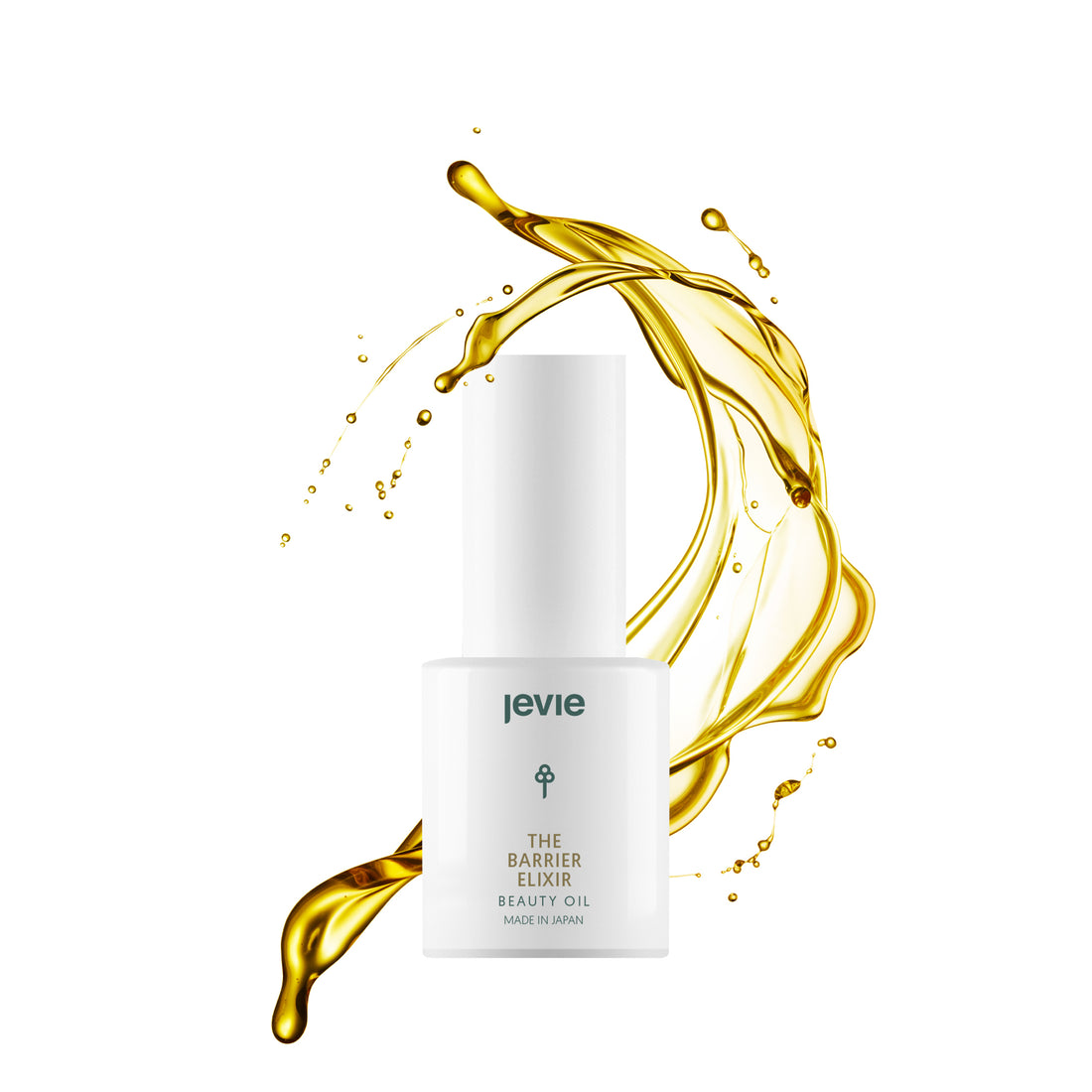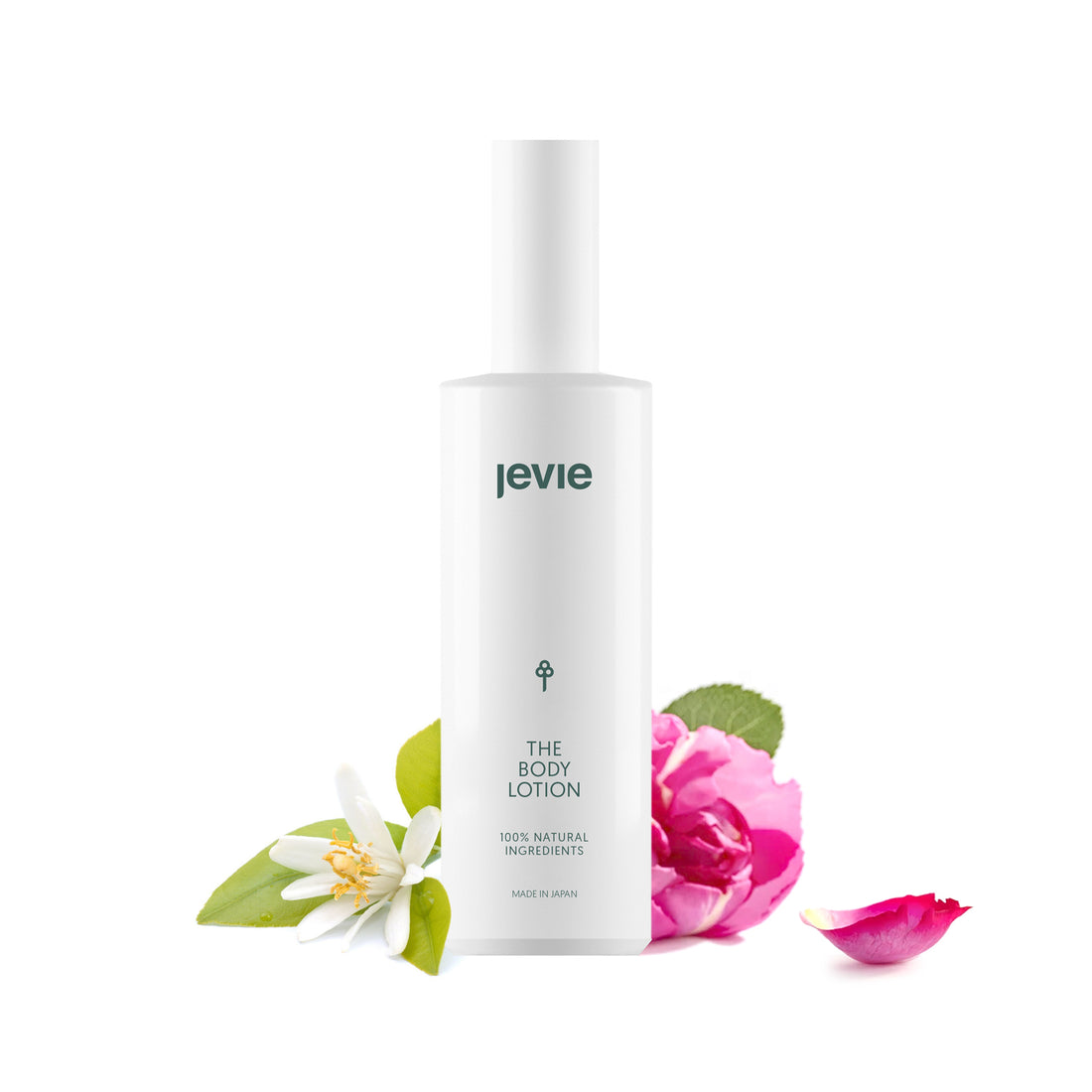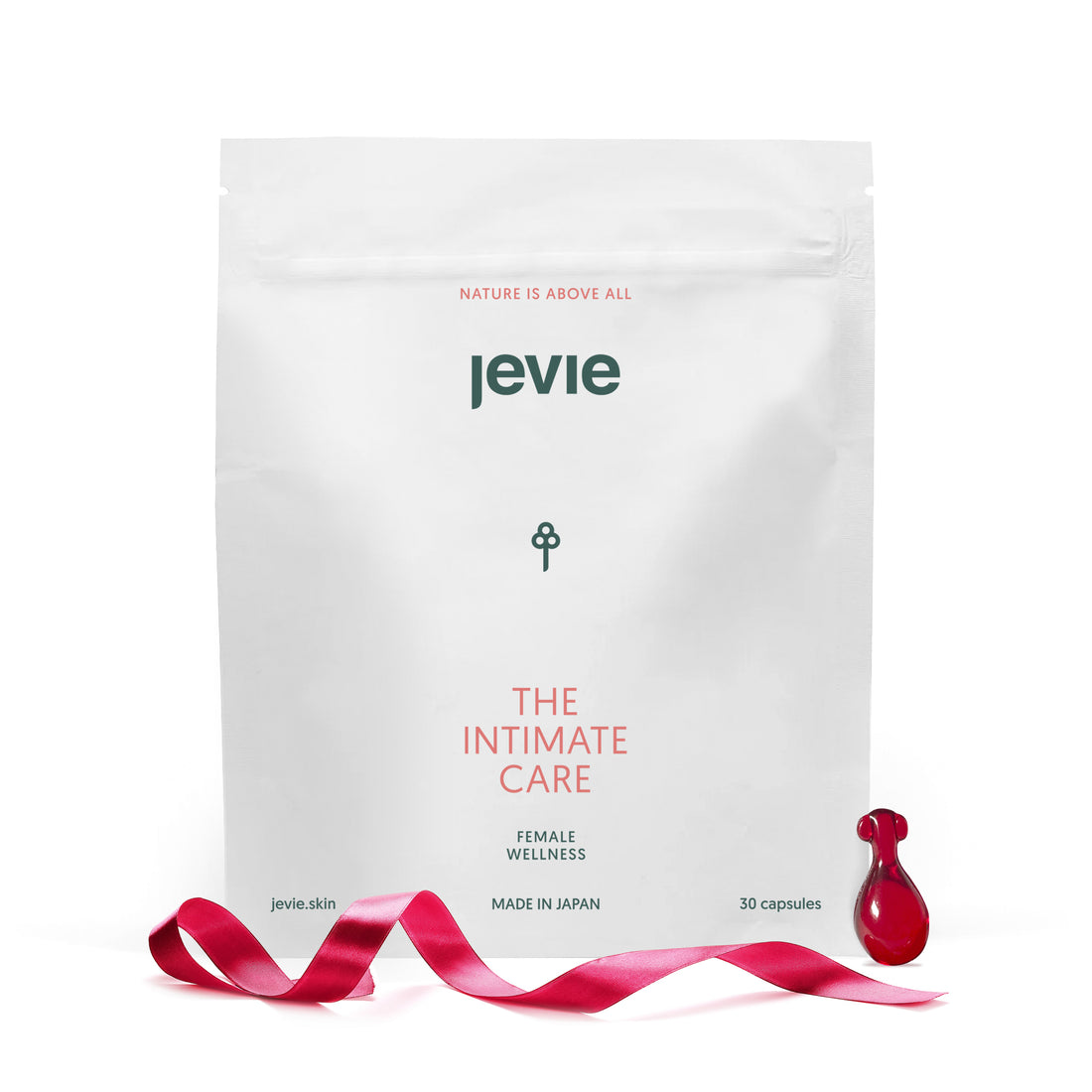The recent trend of skincare brands imposing age restrictions on the purchase of retinol products marks a pivotal moment in the industry's approach to consumer health and safety. We wholeheartedly support this action, especially since it aims to protect individuals under 18. It does, however, send an important message that even adults should heed: the presence of an age restriction suggests we need to exercise caution before using the product. Much like other age-restricted items, retinol comes with a suite of side effects that prompt a deeper reflection on its widespread use and the pursuit of safer alternatives.
The Case Against Retinol: Side Effects Across the Board
Retinol's reputation for combating signs of aging and improving skin texture is well-documented. However, this potent derivative of Vitamin A is not without its drawbacks. Side effects range from mild to severe, impacting users differently based on age, skin sensitivity and other factors. These include:
- Increased Sensitivity to Sunlight: Making skin more susceptible to UV damage.
- Irritation and Redness: Particularly in individuals with sensitive skin or those new to retinol.
- Dryness and Peeling: Common during the initial adjustment period.
- Concerns During Pregnancy and Breastfeeding: Due to the risk of retinol transferring to the fetus or infant, posing potential health risks.
Given these considerations, the case for seeking out retinol's natural alternatives becomes increasingly compelling. The aim is not only to mitigate these side effects but to embrace a skincare approach that prioritizes safety and efficacy in equal measure.
Retinol's Natural Alternatives: A Safer Path Forward
The quest for natural alternatives to retinol reflects a growing desire for skincare solutions that offer the benefits of retinol without its associated risks. Natural ingredients such as bakuchiol have risen in prominence for their retinol-like effects—targeting signs of aging, improving skin texture and enhancing overall skin health—without the harsh side effects. This shift towards natural alternatives is not just about avoiding negatives but also about embracing a more thoughtful approach to skincare, where the ingredients we choose are aligned with a broader perspective on health and wellness.
In the landscape of natural alternatives, THE LOTION stands out as a beacon of innovation and safety. Clinically proven to diminish dryness-induced fine lines and wrinkles, THE LOTION represents the synergy of effective skincare without compromising on safety. Currently under clinical trials to assess its effectiveness in reducing age-related pigmentation and offering skin-lightening properties, THE LOTION exemplifies the pursuit of skincare solutions that are both safe and effective.
The conversation surrounding retinol, its side effects and the subsequent rise in age restrictions is a reminder of the importance of making informed skincare choices. As consumers, it behooves us to question not just the immediate benefits of the skincare products we choose but also their long-term impact on our health. THE LOTION, with its focus on natural ingredients and clinical backing, offers a clear example of how skincare can evolve to meet these demands—prioritizing safety without sacrificing results.
In a world where skincare is as much about health as it is about beauty, the movement towards natural alternatives is more than a trend; it's a shift towards a more thoughtful, health-conscious approach to personal care. As we continue to navigate the complexities of skincare ingredients and their impacts, let's embrace the opportunities to choose products that reflect a deeper understanding of what it truly means to care for our skin.


